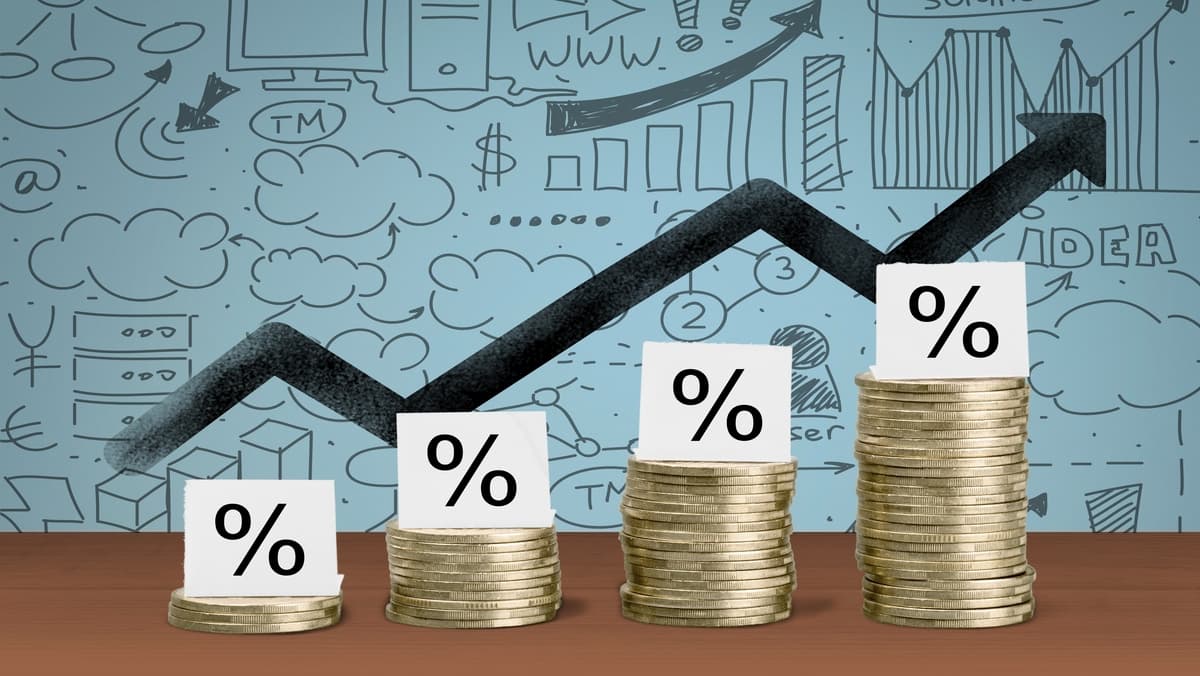
Wednesday Oct 23 2024 08:04

5 min

Q3 2024 earnings season continues this week, with companies from various sectors preparing to announce their latest results. Let’s explore what the third quarter might have looked like for Tesla, Boeing, Coca-Cola and more!
Tesla (TSLA) is scheduled to release its Q3 2024 earnings report on October 23, Tesla stock performance reflected a mix of optimism and volatility, after the market closes. Analysts estimate that the electric vehicle pioneer will report earnings per share (EPS) of approximately 58 cents on revenues of $25.57 billion. Following a surprising decline in Q2 compared to 2023 figures, analysts are approaching Wednesday's earnings call with a mixed perspective.
In Q3, Tesla delivered over 460,000 vehicles globally, reflecting a modest year-over-year increase. However, these figures fell slightly short of expectations, which may impact overall automotive revenue growth. While automotive revenues are projected to rise by 13% year-over-year, aggressive pricing strategies and rising costs could pressure profit margins.
Conversely, Tesla's Energy Generation and Storage division is anticipated to perform well, with projected revenues of $2.17 billion, representing nearly a 40% increase year-over-year. Strong demand for products like the Megapack and Powerwall has significantly boosted this segment, potentially offsetting challenges in the automotive sector. However, it remains uncertain whether the 11% decline in Tesla's share price this year will persist following the earnings announcement.
Boeing (BA) is set to report its Q3 2024 earnings on October 23, facing significant challenges. A union-led strike of machinists and ongoing production issues are currently overshadowing market sentiment as the earnings call approaches. Analysts predict slight revenue growth to around $18.22 billion compared to Q3 2023, but the company is expected to report a net loss exceeding $5 billion—more than triple last year's deficit. Preliminary results indicate revenue may fall short at $17.8 billion, accompanied by a larger-than-expected loss per share of $9.97, driven by work stoppages and charges in both commercial and defense sectors.
Financial strains from halted production are substantial, with Jefferies analysts estimating losses of $1.3 billion per month. To counter this, Boeing plans to reduce its workforce by 10% and is seeking to raise $25 billion through stock and debt sales. Additionally, a vote by striking workers on a new contract proposal coincides with the earnings report, making its outcome critical for Boeing’s recovery. This will be CEO Kelly Ortberg's first earnings report since taking over in August, and his leadership will be closely scrutinized as the company navigates these crises. With Boeing shares down over 40% this year, it remains uncertain whether the earnings call will shift market sentiment in the near future.
Coca-Cola (KO) is set to announce its Q3 2024 earnings on October 24, with analysts expecting solid performance driven by increased consumer demand and effective pricing strategies. Estimates suggest earnings per share (EPS) of around $0.68, with revenues projected at approximately $12.8 billion.
The company's recent focus on expanding its product portfolio, including healthier beverage options, has resonated well with consumers, potentially boosting sales across various segments. Analysts anticipate that international markets, particularly in Asia and Latin America, will contribute significantly to revenue growth.
However, Coca-Cola faces ongoing challenges, including rising commodity costs and inflationary pressures that could impact profit margins. Investors will be closely watching for insights into the company’s pricing strategies and any updates on its sustainability initiatives. Overall, Q3 2024 is expected to reflect Coca-Cola's resilience in a competitive beverage landscape, making the upcoming earnings report highly anticipated.
SABIC is set to report its Q3 2024 earnings soon, with analysts closely monitoring performance amid fluctuating commodity prices and global economic conditions. Expectations suggest a revenue decline compared to the previous year, primarily due to reduced demand in key markets and ongoing supply chain challenges.
Analysts forecast earnings per share (EPS) to be around $1.10, reflecting the impact of lower prices for petrochemicals and other products. However, SABIC's ongoing initiatives to enhance operational efficiency and focus on high-value specialty chemicals could provide some resilience.
Investors will be looking for updates on SABIC's strategic plans, particularly in sustainable production and expansions in emerging markets. Overall, the Q3 report will be critical in assessing how SABIC navigates the current economic landscape and its positioning for future growth.
Overall, this earnings season could still hold surprises for traders and investors alike. With macroeconomic factors impacting sectors from electric vehicle manufacturing to aviation and parcel delivery, the market will be keen to see how these dynamics unfold in the coming days.
When considering shares, indices, forex (foreign exchange) and commodities for trading and price predictions, remember that trading CFDs involves a significant degree of risk and could result in capital loss.
Past performance is not indicative of any future results. This information is provided for informative purposes only and should not be construed to be investment advice.
